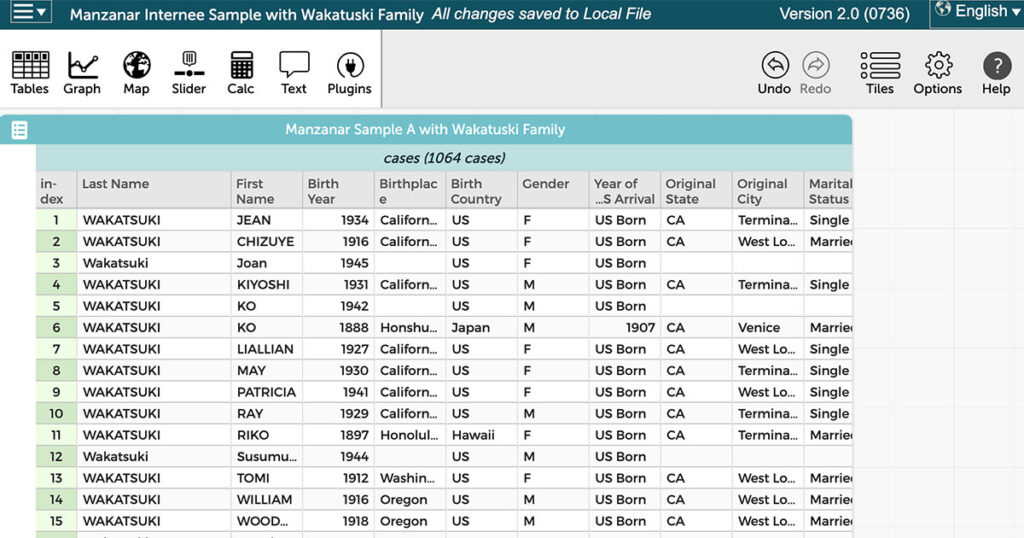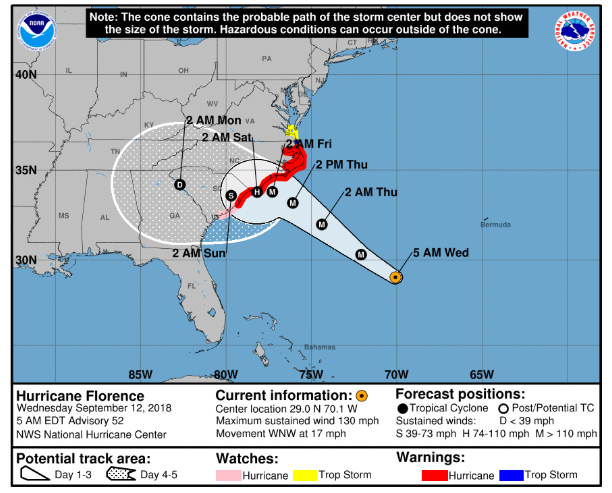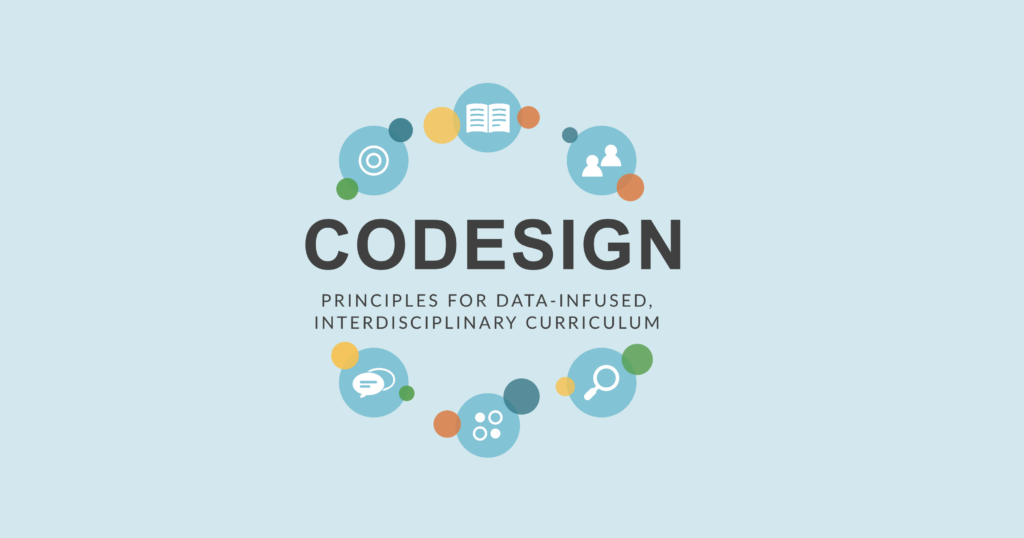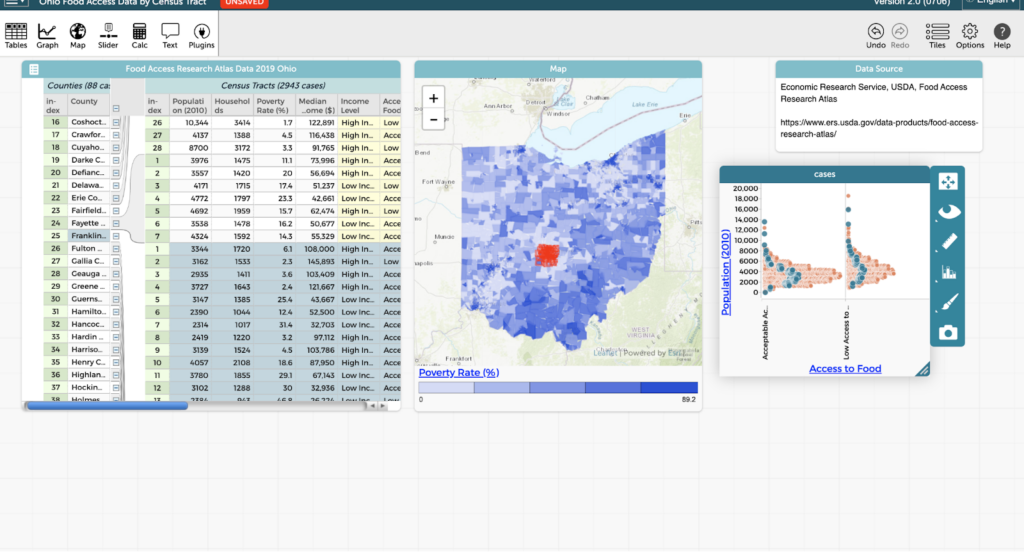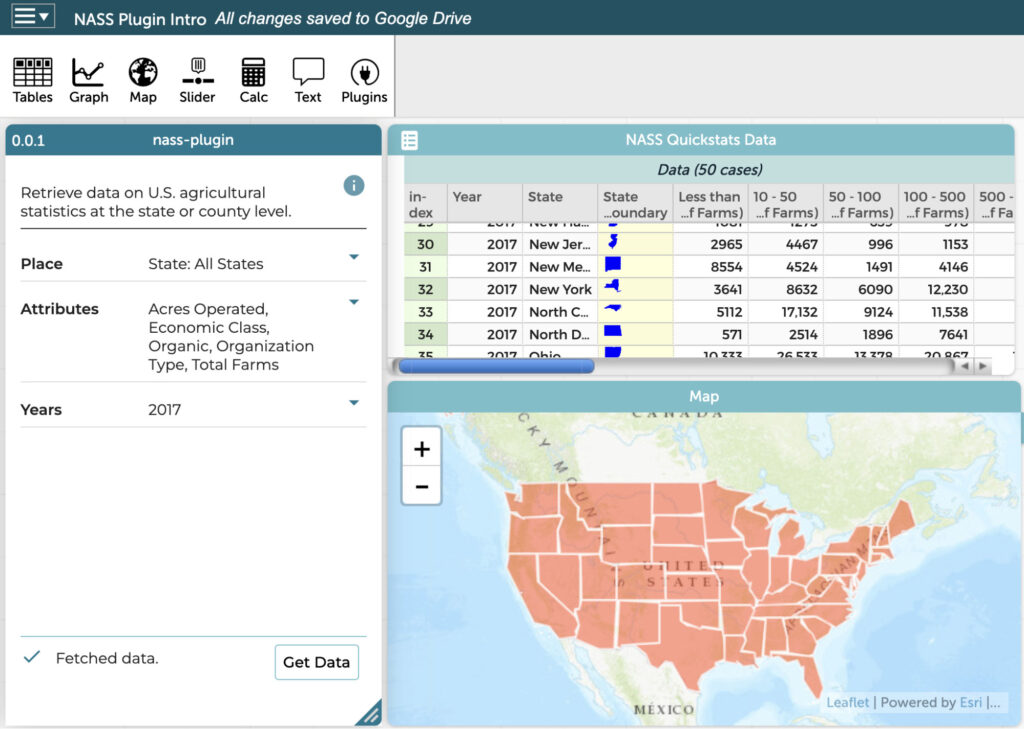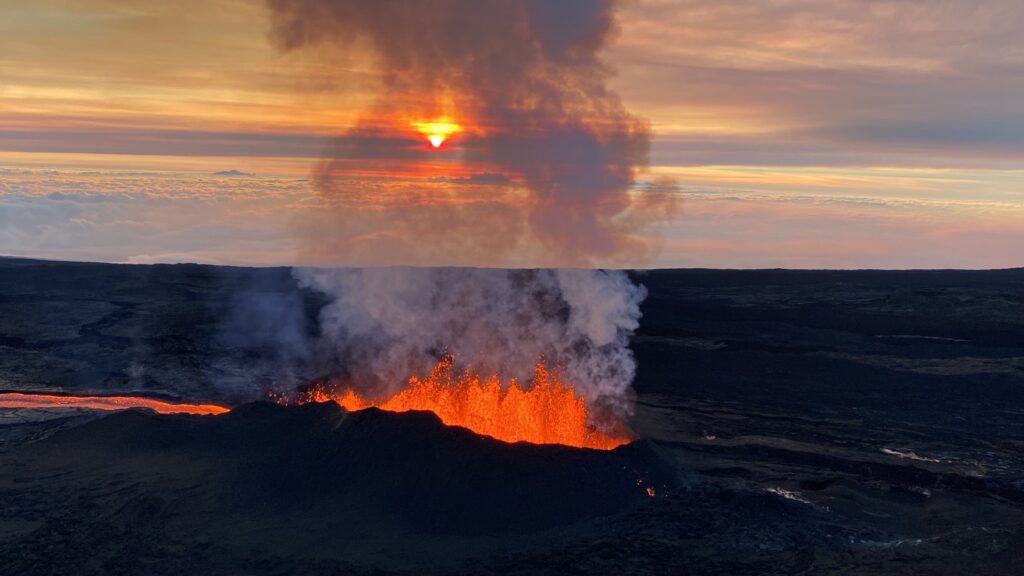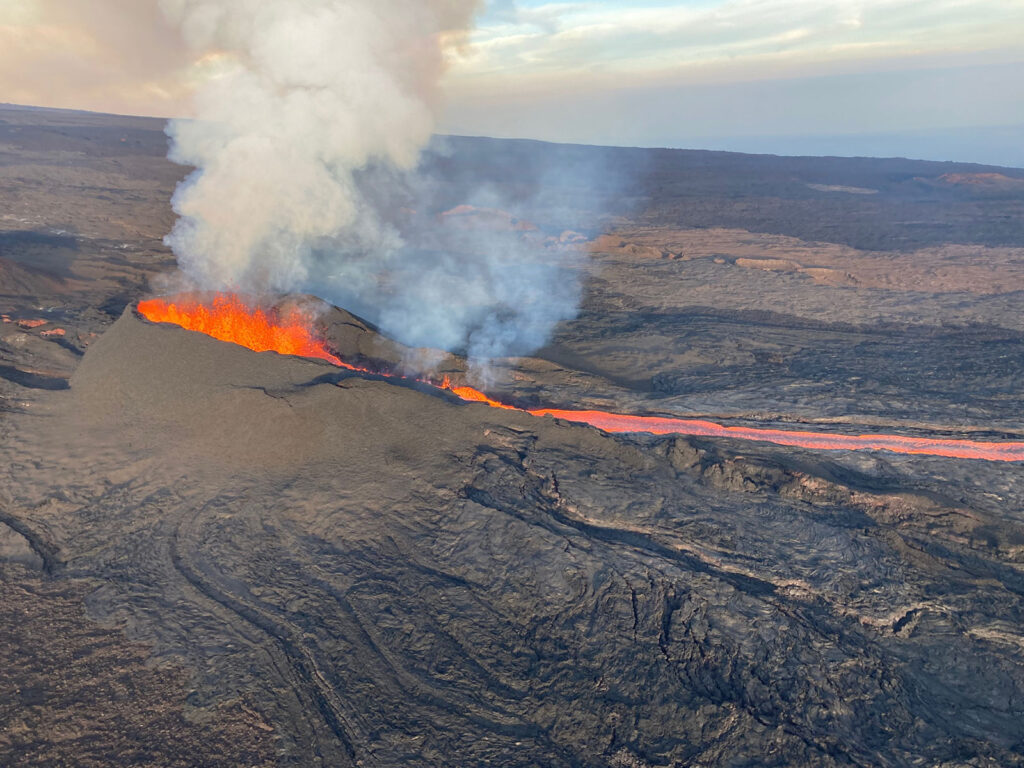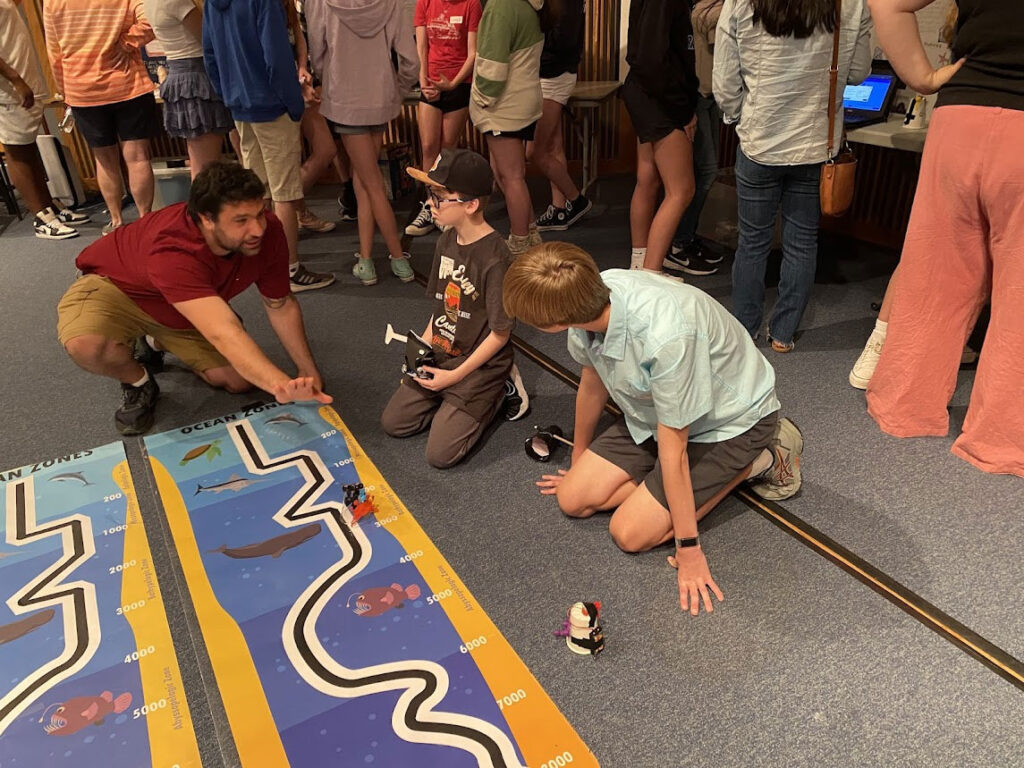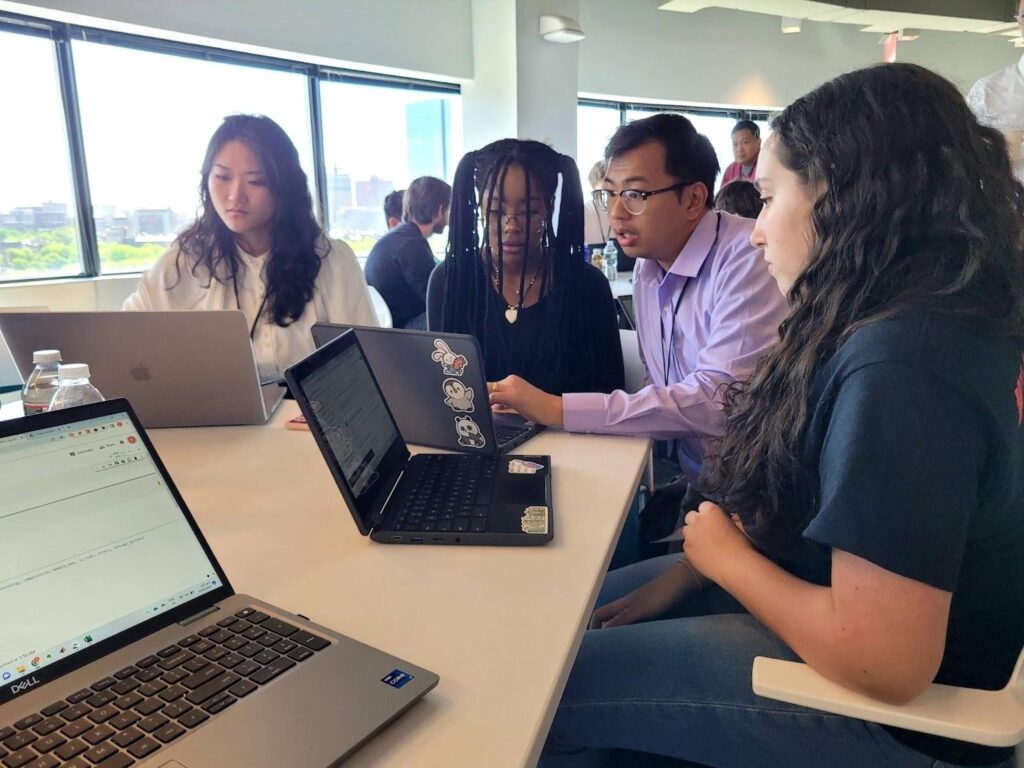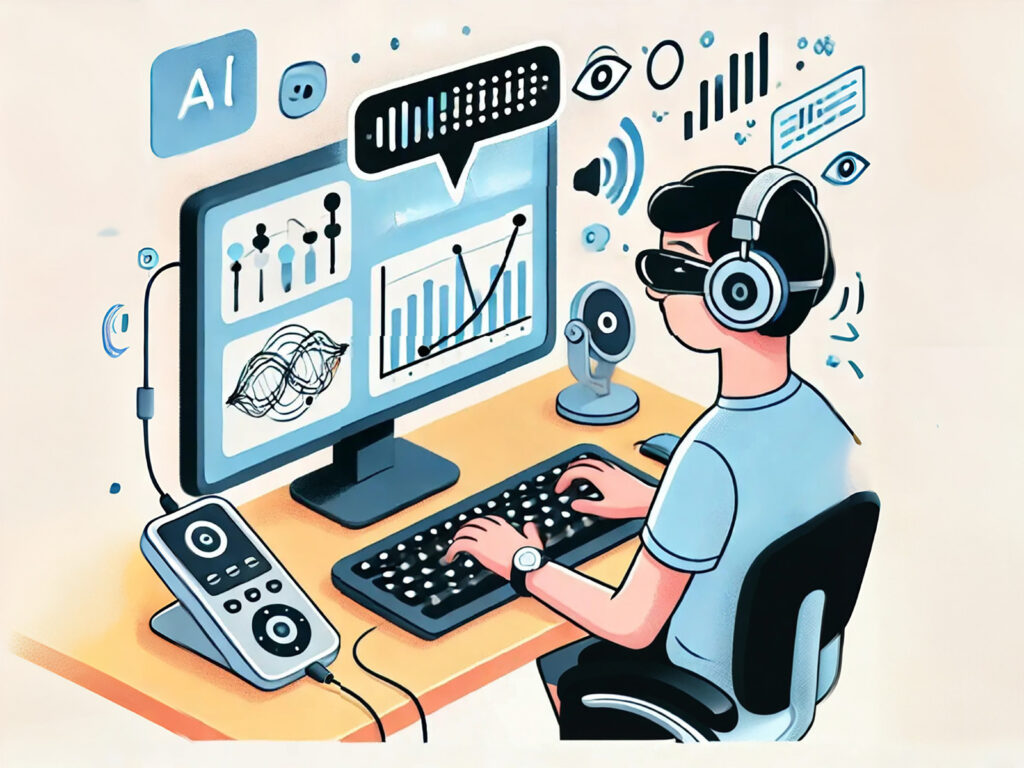Category: Research Projects
Middle school social studies students typically study 20th century immigration, including the push and pull factors that guided immigration and the policies that shaped travel to (and from) the United States. Additionally, Jeanne Wakatsuki Houston’s memoir Farewell to Manzanar, which details her experience in a Japanese American internment camp during World War II, is a […]
At the Concord Consortium, we believe that science education should reflect the dynamic, uncertain, and inquiry-driven nature of science itself. In our recently published study in the International Journal of Science Education, we explore how middle and high school students engage in hurricane science by interacting with the very tools scientists use to reason about […]
Joe Polman is the Associate Dean for Research and a Professor at the University of Colorado Boulder. Kate Miller is a Research Associate. Cynthia McIntyre is the Director of Communications. Over the course of two years, our National Science Foundation-funded Contextualizing Data Education via Project-Based Learning (DataPBL) project co-designed addenda to four middle school English […]
Trang Tran is a Research Assistant Professor at the University of Alaska Anchorage. Joe Polman is the Associate Dean for Research and a Professor at the University of Colorado Boulder. Kate Miller is a Research Associate. Cynthia McIntyre is the Director of Communications. A new National Science Foundation-funded study investigated how interdisciplinary, project-based learning can […]
From climate reports to historical datasets about income or education level, data influences how we understand and interact with the world around us. While math and science classrooms often shoulder the responsibility of teaching data skills, social studies classrooms are uniquely positioned to offer a context-rich and interdisciplinary approach to data literacy. At its core, […]
Hawaiʻi’s iconic volcanoes have shaped its islands, culture, and communities for centuries. From the breathtaking eruptions of Mauna Loa to the challenges of living with air pollution caused by the eruptions (known as “vog”), volcanic activity is an intrinsic part of life in Hawaiʻi. What if students could harness computational tools to better understand volcanic […]
Engaging a research-practice partnership that will bring together oral histories, block coding, and simulations in the development of a locally relevant, culturally enriched curriculum that meets Hawaii’s ambitious computer science education goals.
This project is developing three experiential Ocean Twilight Zone learning activities that integrate cutting-edge authentic marine science content with real-world datasets, robotics, coding, engineering design thinking, and collaboration.
We’re developing an innovative curriculum and datathon aimed at preparing women and minorities to become engineers, researchers, and healthcare professionals who write algorithms, design research methods, and collect data, ultimately reducing bias in AI and medical databases.
We are addressing the critical need for accessible data science tools in K-12 education by developing a plugin for CODAP that will utilize an AI-powered assistant to facilitate sensemaking with data for blind and low-vision students.
